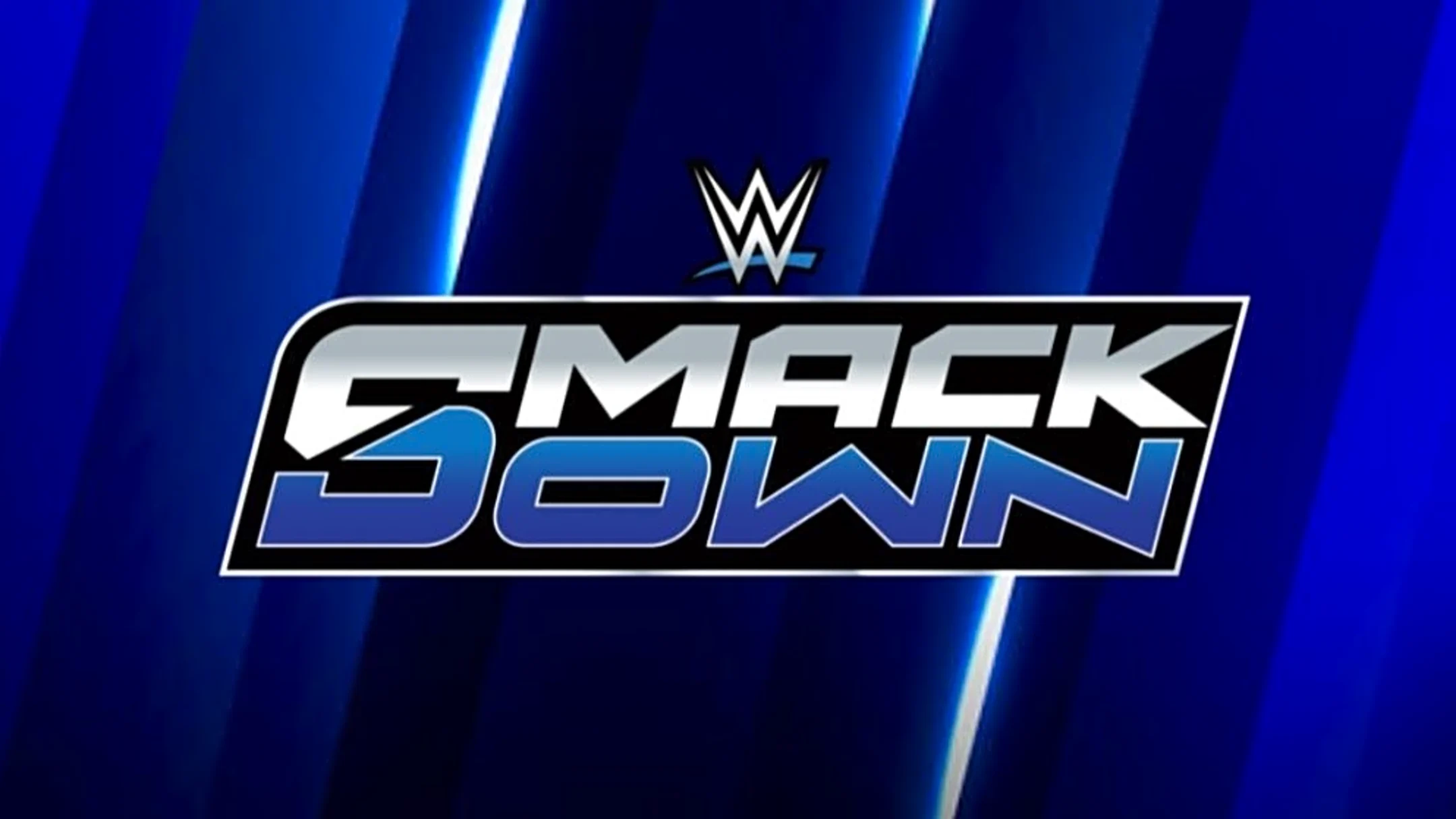
NAIROBI, Kenya Sept 17 – Kenya has unveiled a newly upgraded WHO-accredited polio laboratory at KEMRI, boosting its capacity to detect and respond to polio, measles, and other vaccine-preventable diseases.
Equipped with advanced diagnostics and improved biosafety standards, the facility will support both Kenya and the wider Horn of Africa in early outbreak detection and cross-border surveillance.
Kenya has not reported a polio case in 15 months, and officials say the lab will help sustain this progress while guiding vaccination campaigns that have already protected nearly one million children.
Health Cabinet Secretary Aden Duale said the lab reflects Kenya’s commitment to protecting children and strengthening regional health security.
The laboratory upgrade is part of broader efforts by the Global Polio Eradication Initiative (GPEI), which in 2024 supported training of over 800 health professionals in GIS mapping, outbreak investigation, and laboratory practices across Africa.
In Kenya, surveillance and vaccination activities continue to reach children in nomadic, peri-urban and cross-border communities, with the latest vaccination round against polio having protected nearly 1 million children.
“This laboratory is a cornerstone for protecting children from the devastating effects of polio. It strengthens our surveillance capacity, not only for polio but also for measles, rubella, and other vaccine-preventable diseases. With this facility, Kenya is better prepared to detect outbreaks early and respond decisively, ” said Dr. Abdourahmane Diallo, WHO Representative in Kenya.



